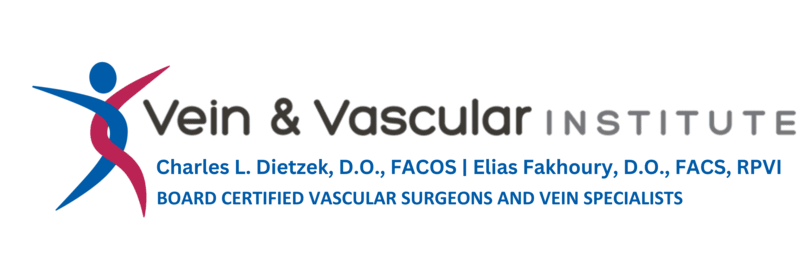You might have noticed that there are many home remedies that are said to help treat varicose veins easily and quickly. One of the newer home remedies is the use of CBD oil for vein problems. CBD, or cannabidiol, oil contains extracts from hemp plants that are b believed to reduce pain and inflammation. However, this home remedy isn’t considered an effective way to treat varicose veins.
Table of Contents
ToggleUnfortunately, CBD Oil Doesn’t Cure Varicose Veins
Putting CBD oil on the affected areas might seem like a simple way to cure varicose veins, but it’s too good to be true. In fact, CBD oil doesn’t get rid of these vein problems. This type of oil might help alleviate some of the symptoms that varicose veins can cause, such as itchiness, discomfort, and restless leg syndrome. However, more research is needed to better understand its effectiveness. Keep in mind that you should also discuss the safety of using CBD oil or any other home remedies for varicose veins with a doctor first.
What You Can Do to Get Rid of Varicose Veins
If you can’t use CBD oil for varicose veins, how can you eliminate them? Common treatments for these veins include self-care measures, such as losing weight, avoiding tight clothes, and getting physical activity regularly. These self-care measures won’t cure varicose veins, but they might help ease symptoms. Other treatments include wearing compression stockings to help improve blood flow.
Certain procedures can also be used to treat varicose veins. These procedures are minimally invasive ones that don’t require hospitalization. Some of these treatment methods include the following:
- Sclerotherapy: Sclerotherapy is a treatment used for smaller varicose veins or medium-sized ones. During this treatment, you’ll have a foamy solution injected into your veins in order to close them off. This helps stop blood from flowing into these veins, which gradually eliminates varicose veins. This treatment is usually done on an outpatient basis and might not require any anesthesia.
- Phlebectomy: This treatment for vein problems involves the removal of varicose veins through a series of small incisions. Making tiny incisions means there is a smaller risk of bleeding and other complications. With smaller incisions, you also won’t end up with noticeable scars.
- Endovenous ablation: During this procedure, heat is used to damage and seal off varicose veins. This procedure involves having a small needle, wire, and catheter or tube placed inside the affected veins. Sealing them off stops blood from being able to keep flowing into these veins.
What to Expect After Your Procedure
After you have treatment done for varicose veins, you’ll need time to heal. Over the next few weeks, you should start noticing that the affected veins begin to collapse and become less noticeable. During this time, it’s important to follow your doctor’s instructions for caring for the site, whether you had incisions made or injections done. This helps ensure a healthy healing process. Keep in mind that you’ll need to maintain a healthy weight and take other measures to prevent varicose veins from forming again, such as avoiding sitting or standing for long periods of time. You might also be asked to wear compression stockings after your procedure to help maintain healthy blood flow.
Contact Us at Vein & Vascular
If you suffer from varicose veins, please contact Vein & Vascular Institute to meet our vein physicians in Vineland, Voorhees, Sewell and Lumberton, New Jersey. When you schedule a consult, you’ll be able to go over treatment options for vein problems.
